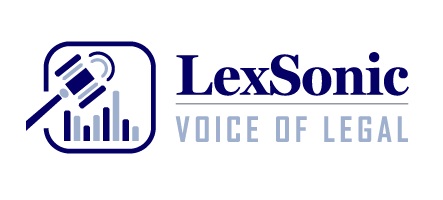A Customer's Right to Funds vs. a Bank's Record-Keeping Failure.
23-July-2025
Consumer Protection Act >> Consumer Rights
District Forum:
The District Forum ruled in favor of the school, directing the bank to pay the deposited amount of Rs. 93,594, along with Rs. 5,000 in compensation and Rs. 2,000 for litigation costs.

State Commission:
The bank appealed this decision. The State Commission partially allowed the appeal, modifying the order to require the school to produce the account's passbook to receive the funds and interest. The State Commission also set aside the Rs. 5,000 compensation for mental and physical pain.
NCDRC's Findings:
The NCDRC heard the school's revision petition. It found that the school had provided sufficient evidence, including deposit slips and cheque details, to prove the existence of the account and the balance. The Commission rejected the bank's arguments that the account was untraceable due to the CBS transition, stating that a bank's internal record-keeping failure cannot negate a customer's right to their funds.
Conclusion:
The NCDRC ruled in favor of the school, allowing the revision petition. It set aside the State Commission's order and affirmed the original order of the District Forum.
Section 21, Consumer Protection Act - 1986
